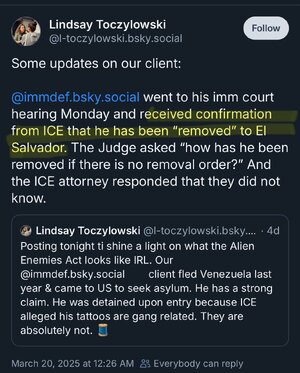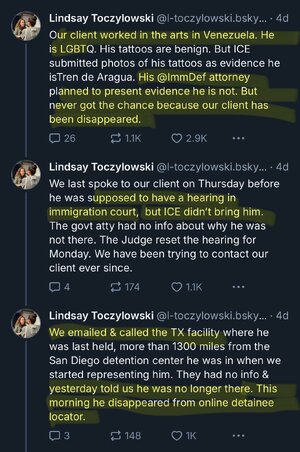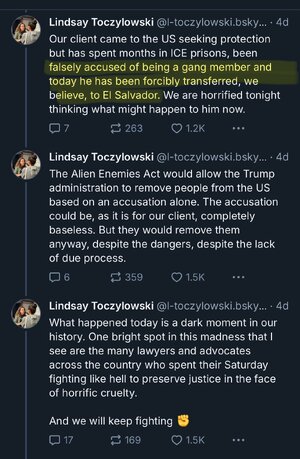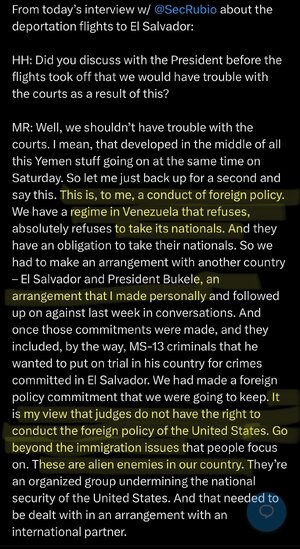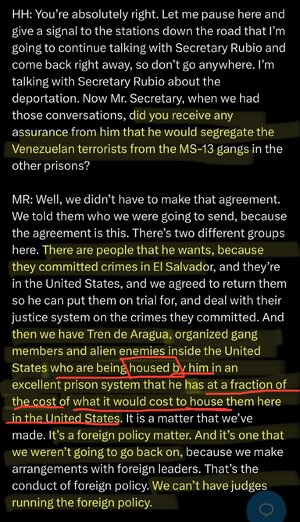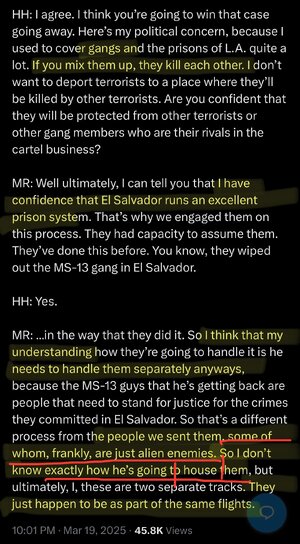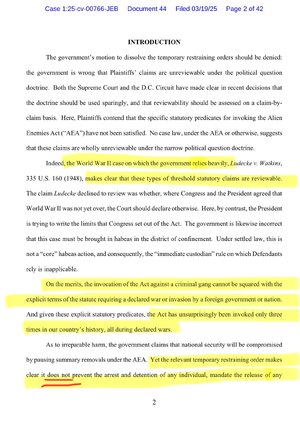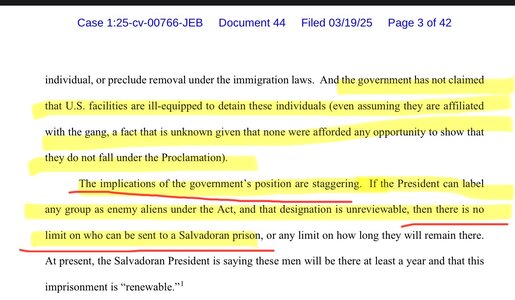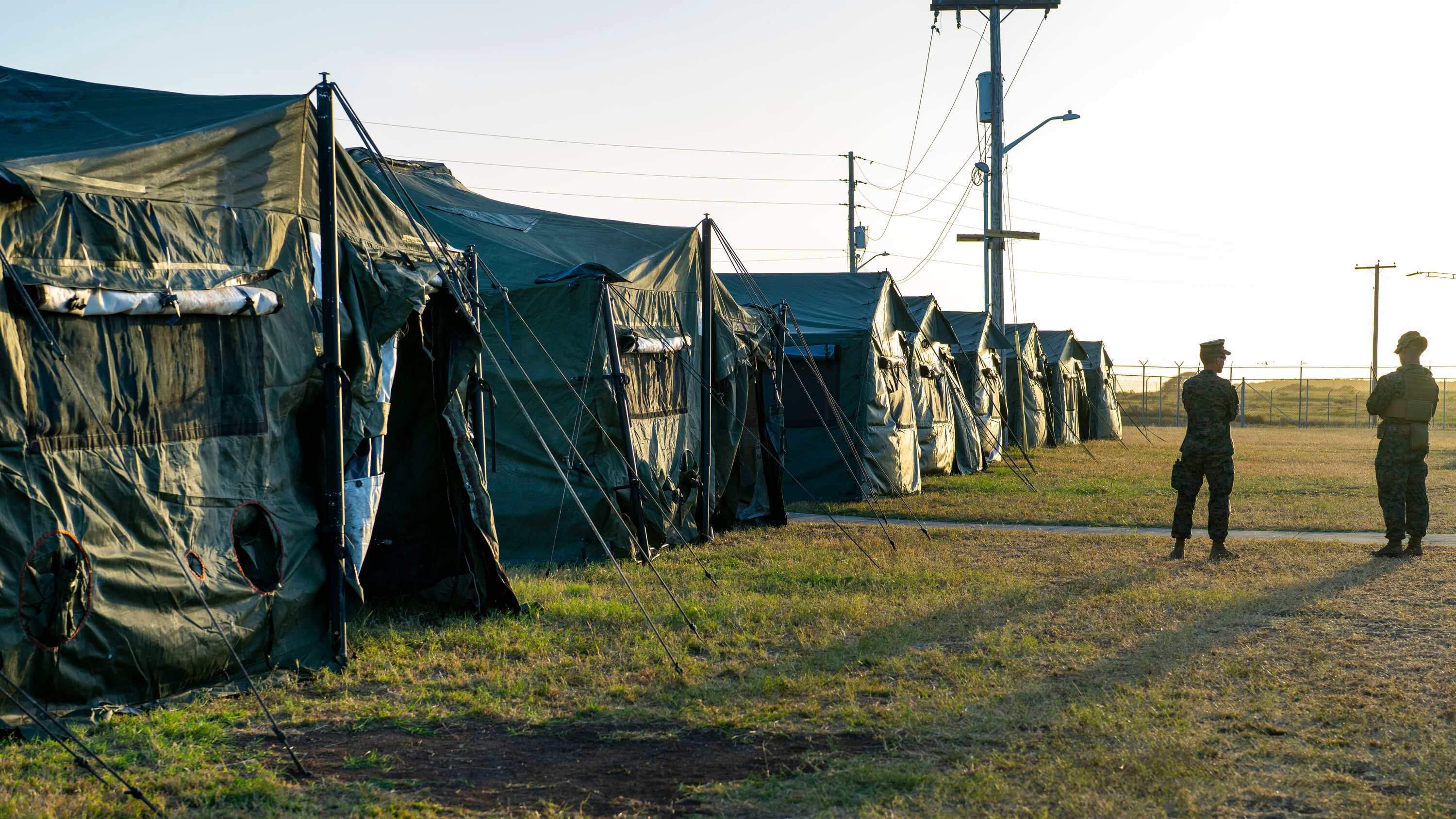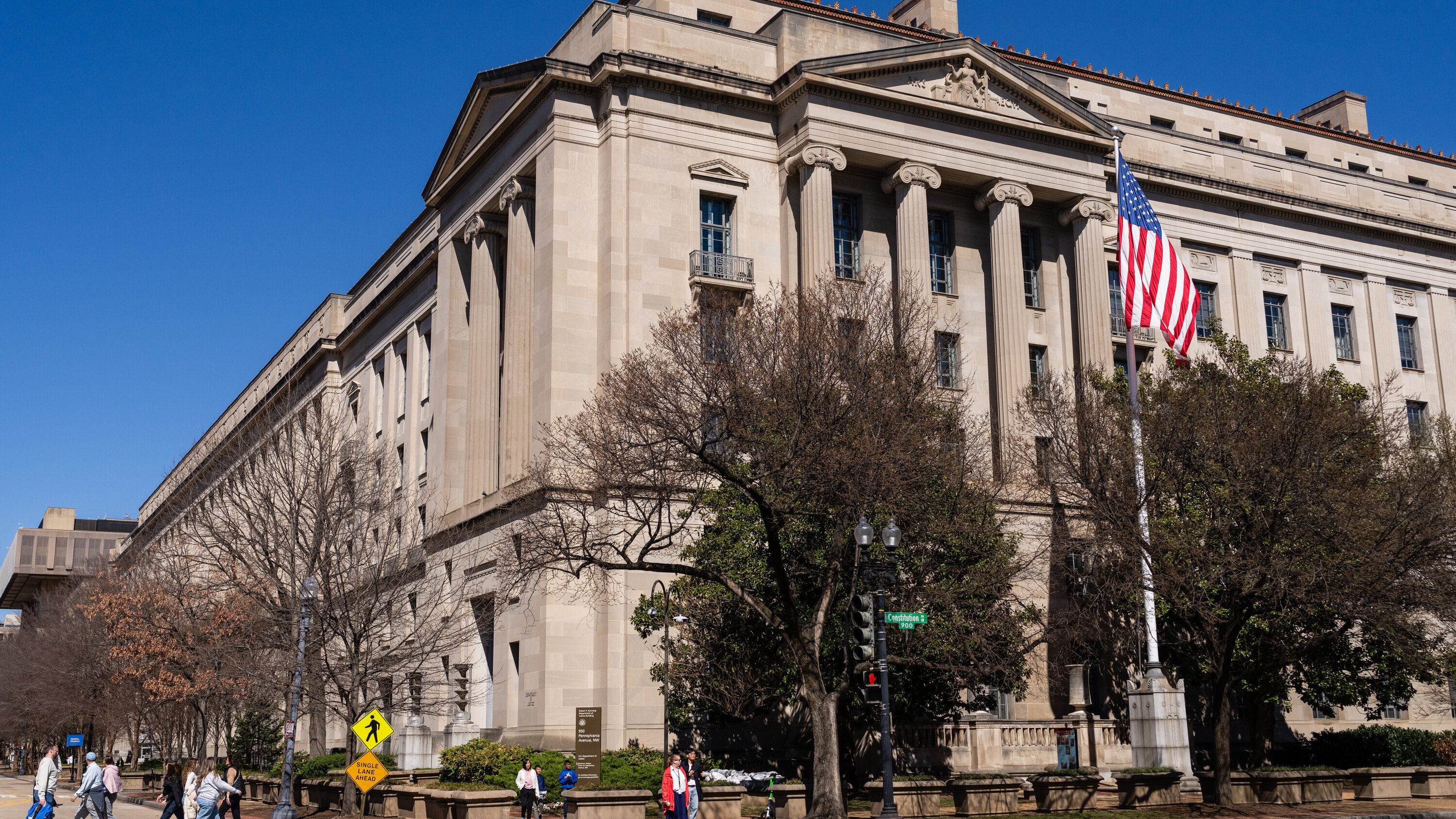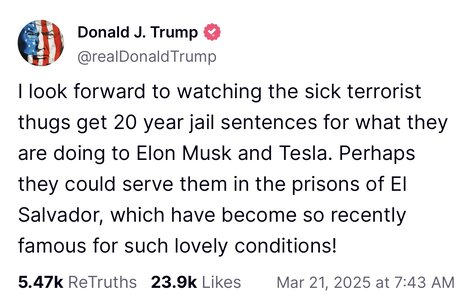Beatings, overcrowding and food deprivation: US deportees face distressing human rights conditions in El Salvador’s mega-prison
El Salvador has the highest prison population rate in the world. The US administration intends to increase the number of people behind bars there.

theconversation.com
“… For the past three years, Bukele has
governed with few checks and balances under a self-imposed “state of exception.” This emergency status has allowed Bukele to suspend many rights as he wages what he calls a “war on gangs.”
The crackdown manifests in
mass arbitrary arrests of anyone who fits stereotypical demographic characteristics of gang members, like having tattoos, a prior criminal record or even just “
looking nervous.”
As a result of the ongoing mass arrests, El Salvador now has the
highest incarceration rate in the world. The proportion of its population that El Salvador incarcerates is more than triple that of the U.S. and double that of the next nearest country, Cuba.
… But maintaining this popularity has involved, it is widely alleged,
manipulating crime statistics,
attacking journalists who criticize him and denying involvement in a widely documented
secret gang pact that unraveled just before the start of the state of exception.
… Bukele’s crackdown on gangs has come at
a huge cost to human rights – and nowhere is this seen more than in
El Salvador’s prison system.
Bukele has
ordered a communication blackoutbetween incarcerated people and their loved ones. This means no visits, no letters and no phone calls.
… Incarcerated Salvadorans are
packed into grossly overcrowded cells, beaten regularly by prison personnel and denied medicines even when they are available. Inmates are frequently subjected to punishments including food deprivation and electric shocks. Indeed, a U.S. State Department’s 2023 country report on El Salvador
noted the“harsh and life-threatening prison conditions.”
The human rights organization Cristosal
estimates that hundreds have died from malnutrition, blunt force trauma, strangulation and lack of lifesaving medical treatment.
Often, their bodies are buried by government workers in
mass graves without notifying families.
Although El Salvador is a signatory to the United Nations’
Convention Against Torture, Amnesty International concluded after multiple missions to the country and interviews with victims and their families that there is “
systemic use of torture” in Salvadoran prisons.
Likewise, a case-by-case study by Cristosal, which included forensic analysis of exhumed bodies of people who died in prison, determined in 2024 that “
torture has become a state policy.” …”
